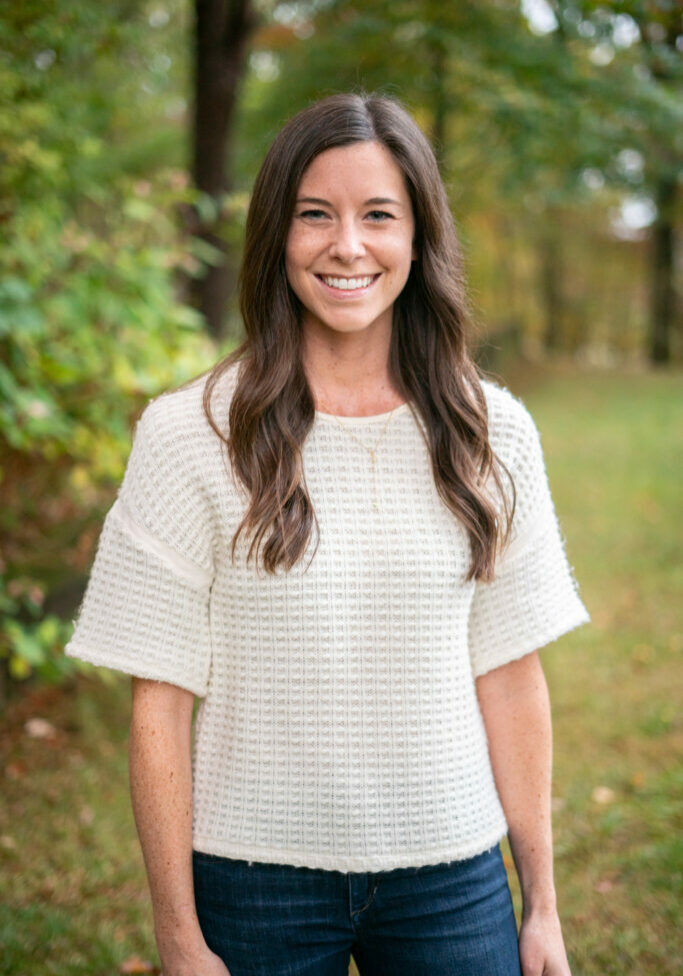Convincing Your Child That Glasses Rule
Wearing glasses for the first time can be a difficult adjustment for any child.
Being able to see clearly might not always seem worth it to them compared to how strange the glasses feel on their nose and ears or what their peers think, so what can you do as a parent to help them get in the habit and really love their glasses? We’ve come up with five good approaches you can use.
1. Make Sure Their Glasses Fit
Ill-fitting glasses, no matter how perfectly they correct your child’s vision, are not going to be fun to wear, and they will be taking them off every chance they get. Whether they fall too easily or pinch too hard, we have tools at our practice to correct the fit of glasses. If your child’s glasses don’t fit properly, come see us so we can adjust them.
2. Set Goals For Wearing Glasses
For a child who isn’t willing to wear their glasses full-time from the start, a gradual ramp-up might be a good idea. You can begin small by expecting them to wear their glasses for just a half-hour, then increase to an hour, then two, and ultimately they’ll be wearing them all day. You could offer small prizes for achieving these milestones to give them more motivation.
3. Find Bespectacled Role Models
A great way to combat your child’s worries that they’ll be made fun of for wearing glasses is to remind them that some pretty awesome people wear glasses too. Show them pictures of some of their favorite actors or inspirational figures wearing glasses, and point out that characters like Harry Potter, Superman, and Supergirl wear glasses (even if the latter two only wear them as their mild-mannered disguises).
4. Let Them Choose Their Glasses
Another essential for helping your child feel confident in their glasses is to let them pick out their own frames! Glasses are like a customizable facial feature, and that makes them a wonderful expression of personal style. So forget about your own ideas of color coordination and fashion, because your child has their own idea of what cool glasses look like.
A similar factor to think about is how the glasses make your child look for their age. A toddler should wear glasses made for toddlers, but older children will feel embarrassed to wear “baby glasses.” They want adults and other kids to respect them for how grown-up they seem, and their glasses are part of that.
5. Stand Firm And Enlist Help
Perhaps the most important thing to do is to remain firm in your expectations. Even with the perfect, well-fitting glasses and good role models to look up to, if you aren’t a stickler about making sure your child meets their glasses goals, it might not matter. And for the times and places when you aren’t around to check that the glasses are on, you might be able to recruit other adults, like their teachers, to help.













